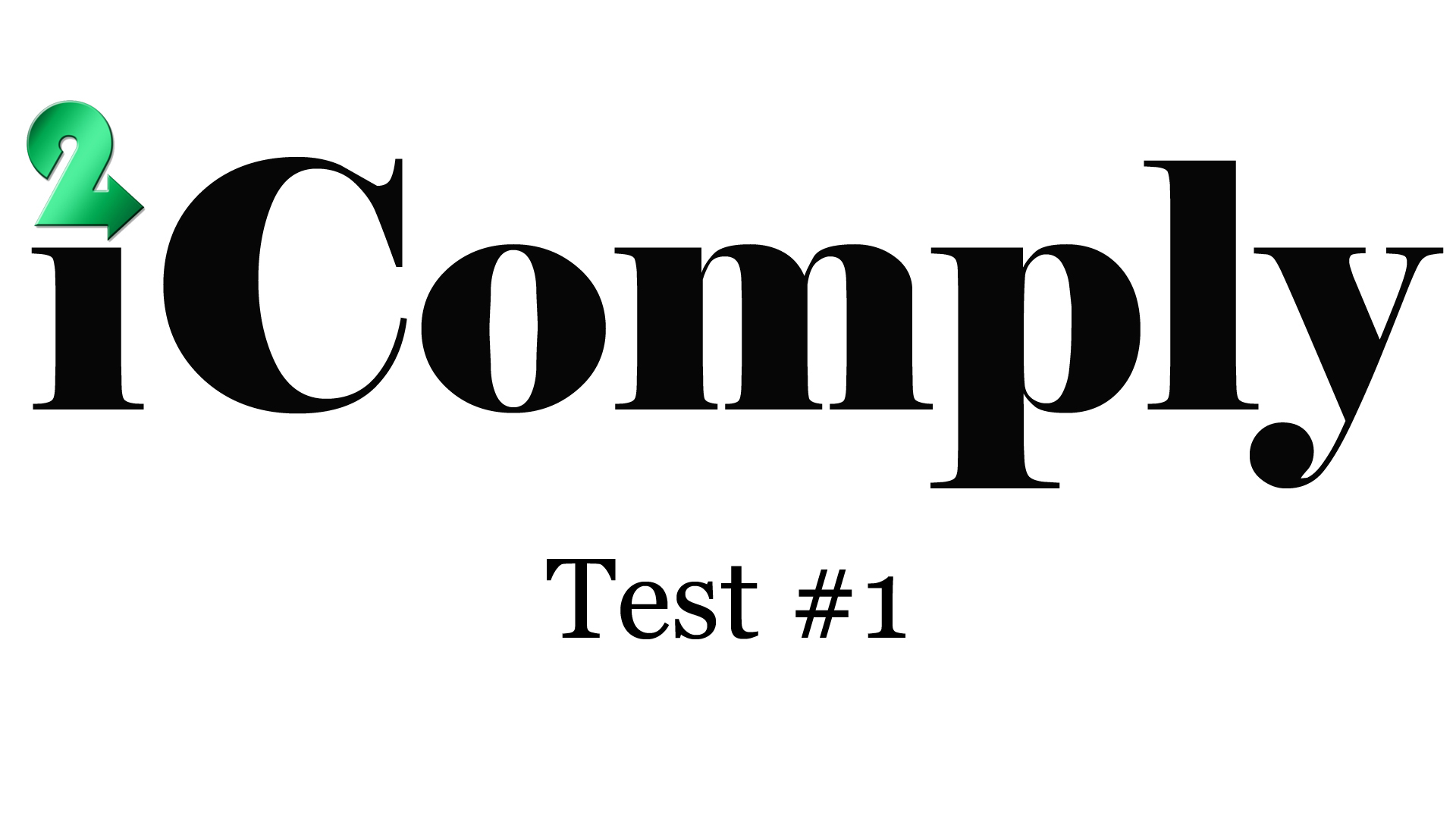0 of 10 questions completed Questions:
We hope you’re ready to start testing your compliance knowledge with our iComply feature! Each test is 10 questions long, you can take as long as you’d like, but we recommend taking your time and thinking through each question. Remember, the goal is to take as many tests and learn from them, not just to get them all right. There will be a mix of Multiple Choice questions and True or False questions. After each question you will see the correct answers along with the reason why that choice was the best one. Each time you take a test it will help you increase your 2Score, so take them seriously! Good Luck!
You have already completed the quiz before. Hence you can not start it again.
Quiz is loading...
You must sign in or sign up to start the quiz.
You have to finish following quiz, to start this quiz:
0 of 10 questions answered correctly
Time has elapsed
You have reached 0 of 0 points, (0) Congratulations you have completed the quiz! After reviewing your results; CLICK HERE TO RETURN TO THE iComply Page! Which of the following statements is a statement disputing a debt? The correct answer is (d). All of the above statements are a dispute of an alleged debt. The correct answer is (d). All of the above statements are a dispute of an alleged debt. The FDCPA covers which of the following debts The correct answer is (e). The FDCPA covers all collection efforts made by third party debt collectors for consumer debt. The correct answer is (e). The FDCPA covers all collection efforts made by third party debt collectors for consumer debt. Which of the following is the primary Federal law that regulates debt collecting? The correct answer is (b). The ‘Fair Debt Collection Practices Act’ (FDCPA) is the primary federal statute that regulates third party debt collectors. The correct answer is (b). The ‘Fair Debt Collection Practices Act’ (FDCPA) is the primary federal statute that regulates third party debt collectors. A debt collector may telephone a consumer about a consumer debt at the consumer’s place of employment after the consumer tells the debt collector that s/he cannot receive such telephone calls The correct answer is (e). Once the debtor request not to be contacted at work, the debt collector could be in violation of the FDCPA if he continues to make phones calls to the debtor at their place of employment. The correct answer is (e). Once the debtor request not to be contacted at work, the debt collector could be in violation of the FDCPA if he continues to make phones calls to the debtor at their place of employment. A debt collector may normally discuss a consumer debt only with the consumer and the following people. The correct answer is (e). Debt collectors can only discuss a debt with; the debtor themselves, or the debtor’s current spouse (not fiancé or girlfriend/boyfriend). The correct answer is (e). Debt collectors can only discuss a debt with; the debtor themselves, or the debtor’s current spouse (not fiancé or girlfriend/boyfriend). A complaint for an alleged violation of the FDCPA can be filed by; The correct answer is (d). The FDCPA allows all three parties to bring a lawsuit under the law. The correct answer is (d). The FDCPA allows all three parties to bring a lawsuit under the law. Debt collectors may not use obscene or profane language The correct answer is (b). It is never acceptable to use profane language during a debt collection attempt regardless of what the consumer has done. The correct answer is (b). It is never acceptable to use profane language during a debt collection attempt regardless of what the consumer has done. When a consumer disputes the entire balance of the debt, in writing, we are able to The correct answer is (d). Disputes made after the validation period are not valid disputes, however some creditors and companies still require that the account be flagged as a valid dispute. Please consult your manager. However, if it is within the validation period, then the account should be flagged as a valid dispute and be reviewed by the original creditor. The correct answer is (d). Disputes made after the validation period are not valid disputes, however some creditors and companies still require that the account be flagged as a valid dispute. Please consult your manager. However, if it is within the validation period, then the account should be flagged as a valid dispute and be reviewed by the original creditor. If a consumer tells you to only call between the hours of 11:00 am and 1:00 pm, then you; The correct answer is (a). The FDCPA favors the consumer’s requests, although legally we can call between 8:00am and 9:00pm in the consumer’s time zone, not abiding by the consumer’s request could be considered harassment and unreasonable. The correct answer is (a). The FDCPA favors the consumer’s requests, although legally we can call between 8:00am and 9:00pm in the consumer’s time zone, not abiding by the consumer’s request could be considered harassment and unreasonable. When can a debt collector give legal advice? The correct answer is (d). The only individual who is in a position to give proper legal advice to the debtor is the debtor’s attorney. The correct answer is (d). The only individual who is in a position to give proper legal advice to the debtor is the debtor’s attorney.Quiz-summary
Information

Results
Average score
Your score
Categories
1. Question
2. Question
3. Question
4. Question
5. Question
6. Question
7. Question
8. Question
9. Question
10. Question